Become a member: Subscribe
Book Review
The Curse of Bigness
How Corporate Giants Came to Rule the World
By Tim Wu
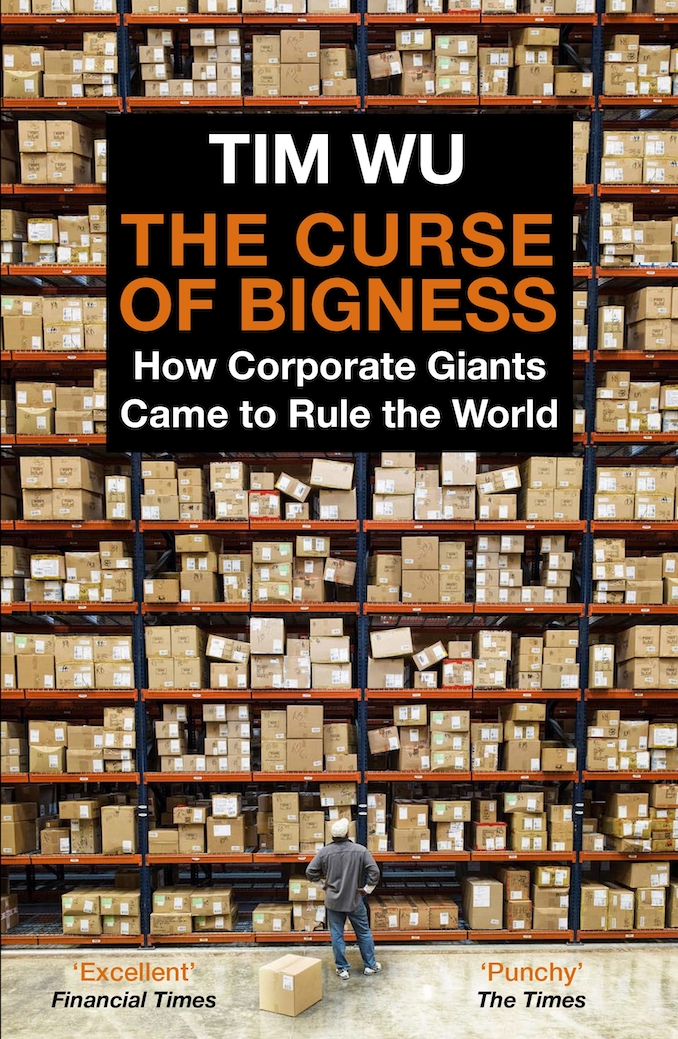
“The struggle for democracy needs to turn to the control of private power—both by itself, and also in its influence over, and union with government power.… [I]f we know one thing, it is that we have drifted very far from a defensible division of the spoils of progress or the kind of economic security that yields human flourishing.”
~ Tim Wu
The Curse of Bigness
How Corporate Giants Came to Rule the World
By By Tim Wu
Book Review,
By Catherine Austin Fitts
Timothy Wu is the Julius Silver Professor of Law, Science and Technology at Columbia University. He served as Special Assistant to the President for Technology and Competition Policy at the United States from 2021 to 2023. His 2010 book, The Master Switch: The Rise and Fall of Information Empires, is a must-read if you want to understand the history of information technology and its relationship to political and economic power and the push for centralization.
As I find myself recommending The Master Switch regularly these days to help Solari subscribers understand the “AI bubble,” I decided to read Wu’s latest book published in 2018. Internationally, the title is The Curse of Bigness: How Corporate Giants Came to Rule the World. (Note that the subtitle of the U.S. edition is different: The Curse of Bigness: Antitrust in the New Gilded Age.)
This book is very well-written and short—just 162 pages plus footnotes—so it is an easy read. Wu does a good job of describing the failure of American antitrust law and the problems we face as a result. I recently described it this way: U.S. policymakers made an agreement with parts of corporate America and Silicon Valley that they could build monopolies and become billionaires in exchange for assuring our global dominance in technology and national security capacity, but while the monopolies and billionaires indeed happened, China is roaring past us in all the critical technologies that drive economic leadership and national security. The billionaires appear to be trying to resolve the situation by plundering and controlling their own population, but I would suggest that if we want to build wealth—as opposed to misallocate capital to subsidize monopolies and organized crime—then breaking up the monopolies is a more enduring plan.
Wu’s book is a great place to start to understand the history of trust-busting in America and why we need a resurgence of intelligent application of our antitrust laws. Although Wu does not consider it, I would argue that this requires enforcement of U.S. financial management laws—because secret money and trillions disappearing from the federal government have been an essential part of funding billionaires and monopolies.
Links
Related at Solari
Log in or subscribe to the Solari Report to enjoy full access to exclusive articles and features.
Already a subscriber?




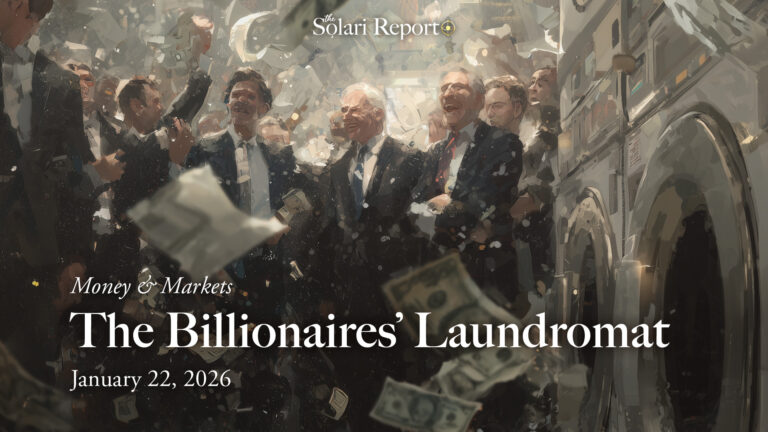


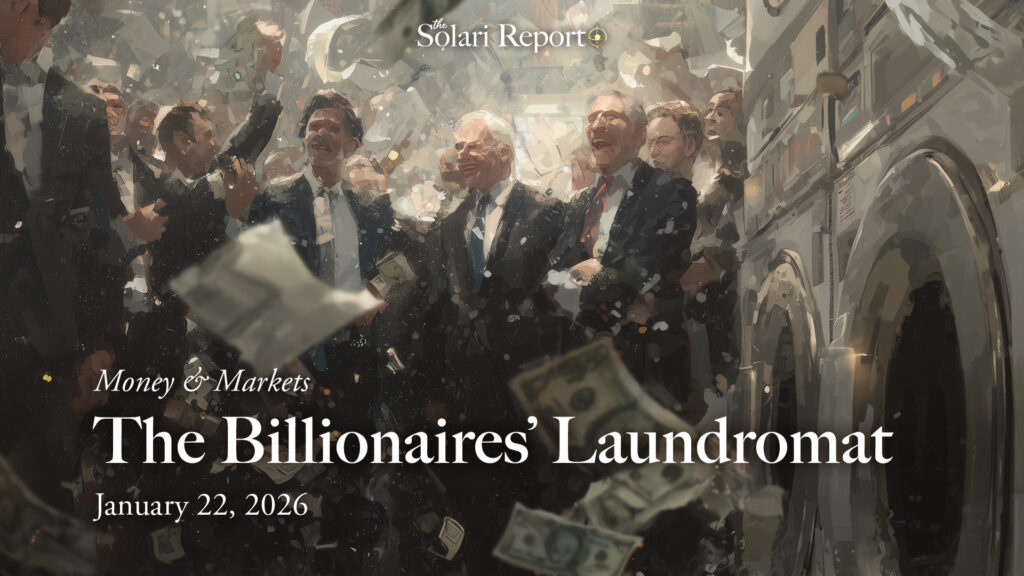

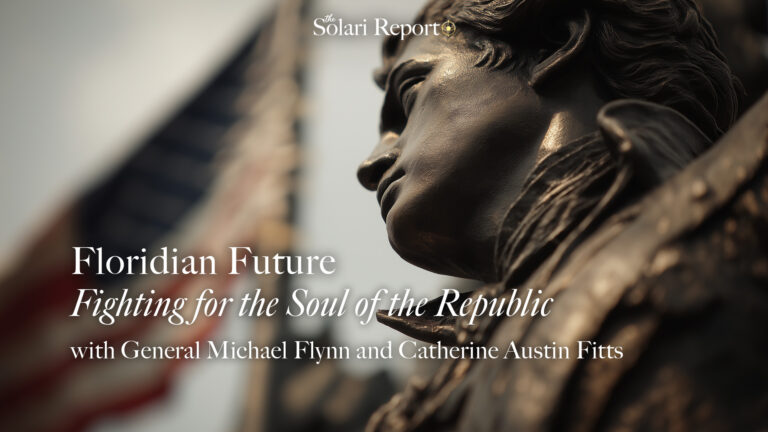
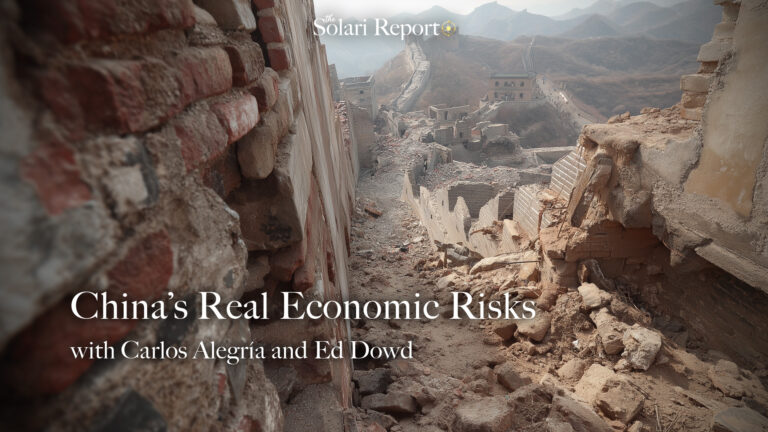
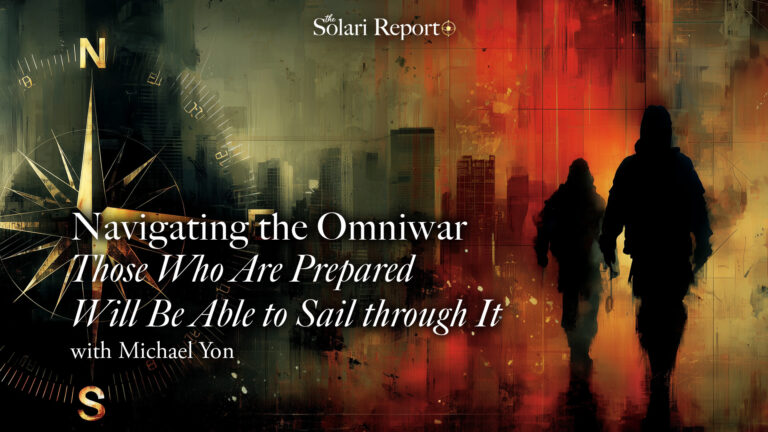
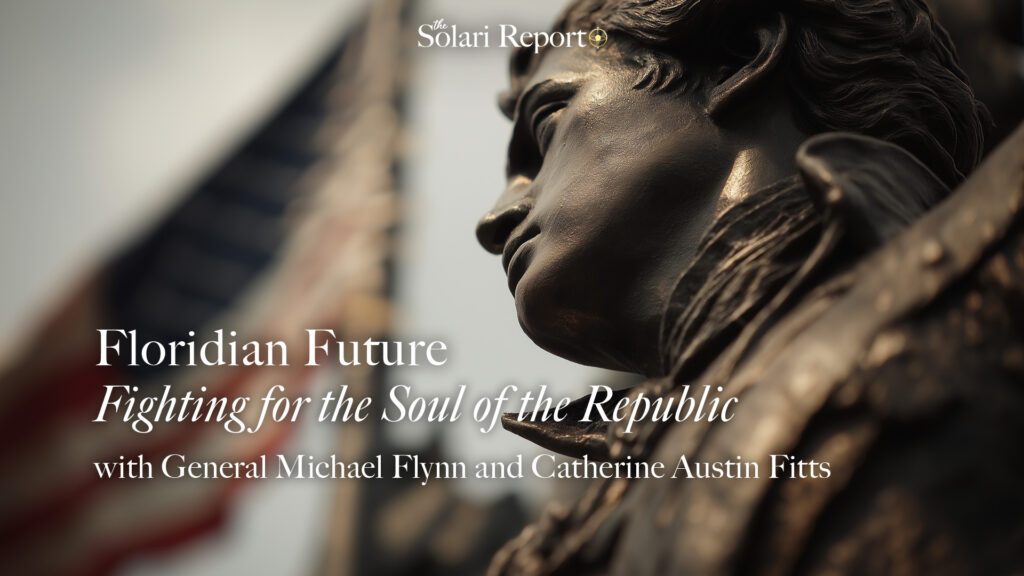
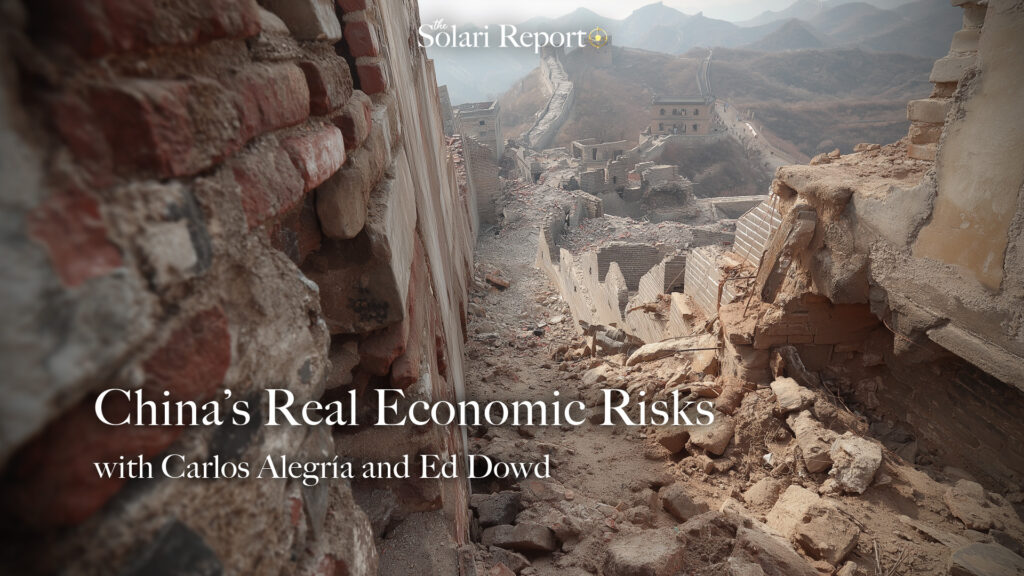
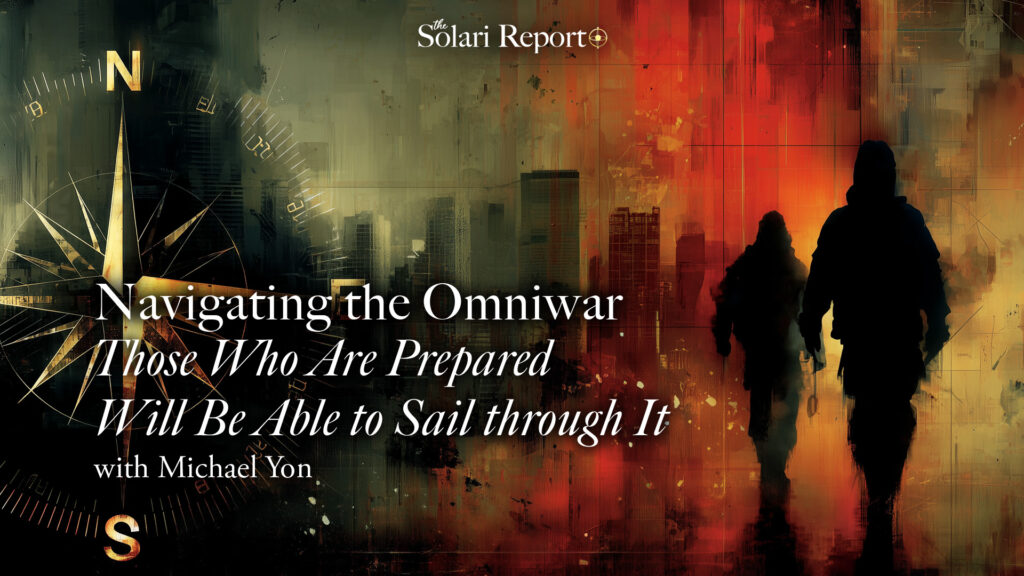












































































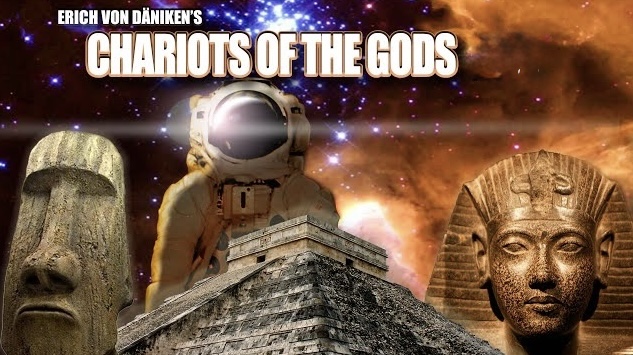




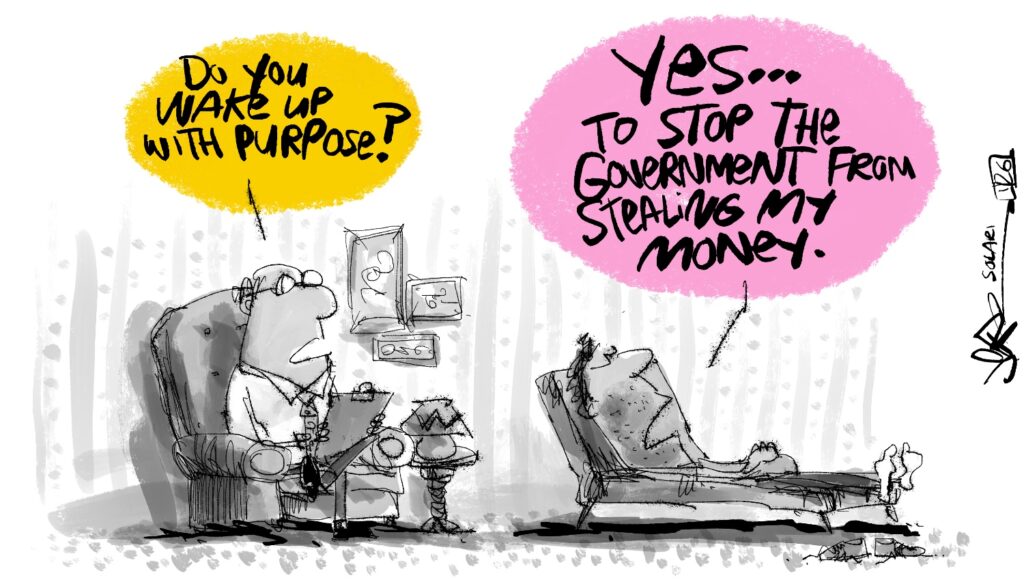

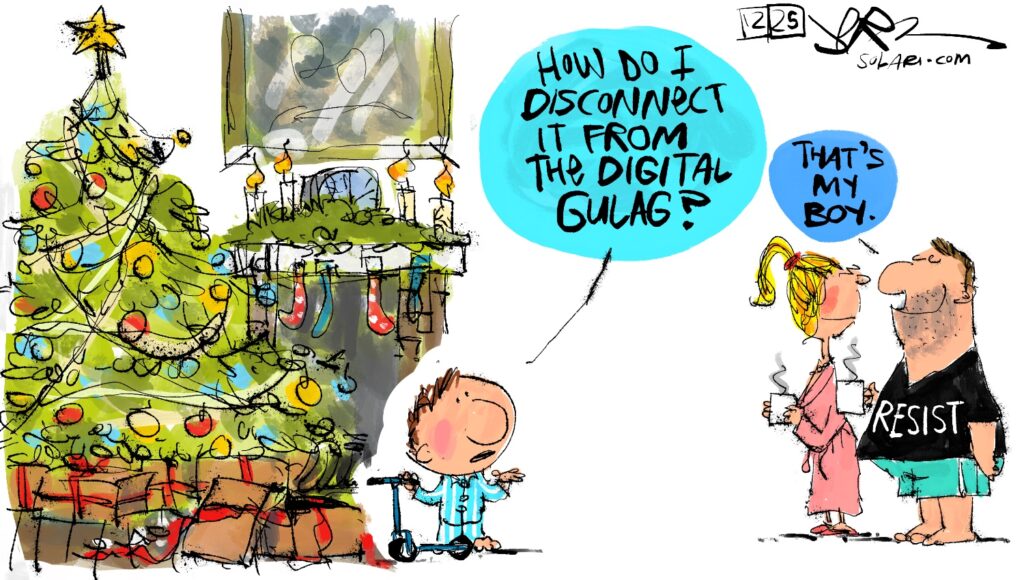

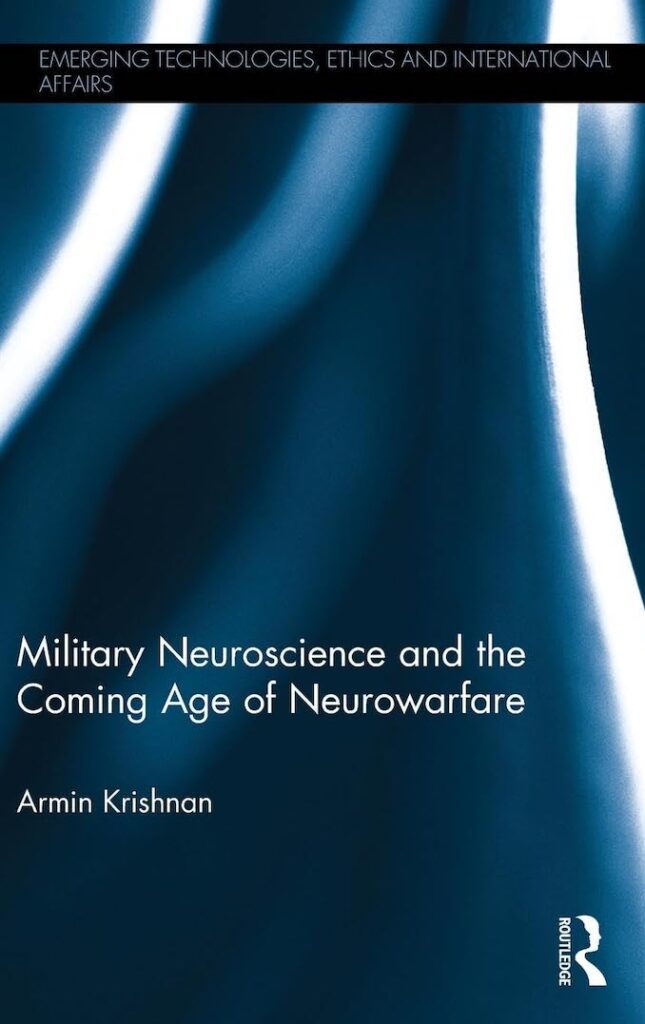
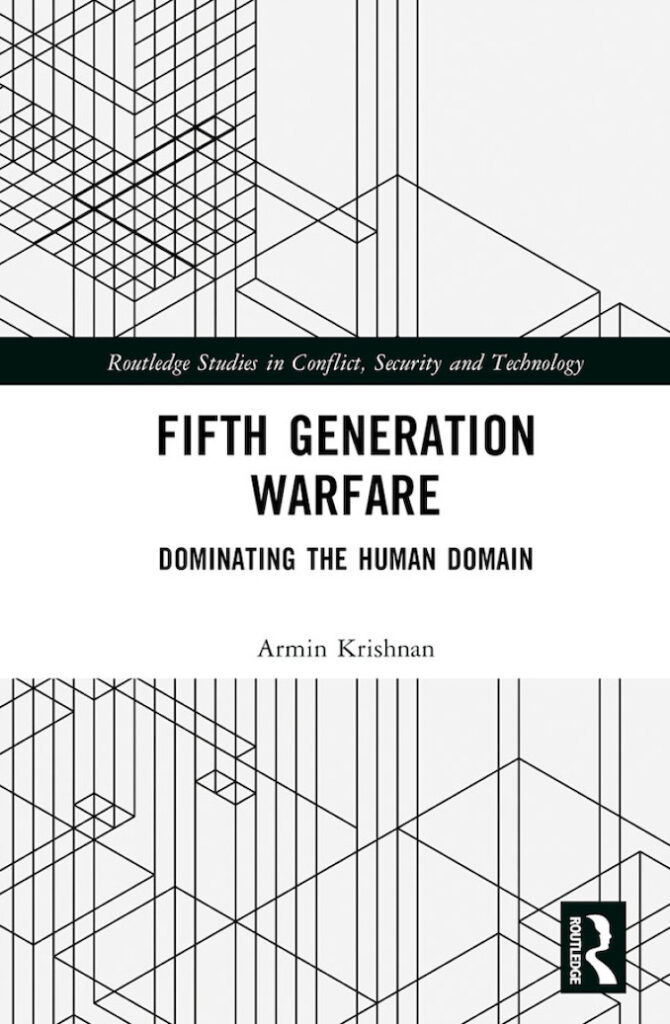
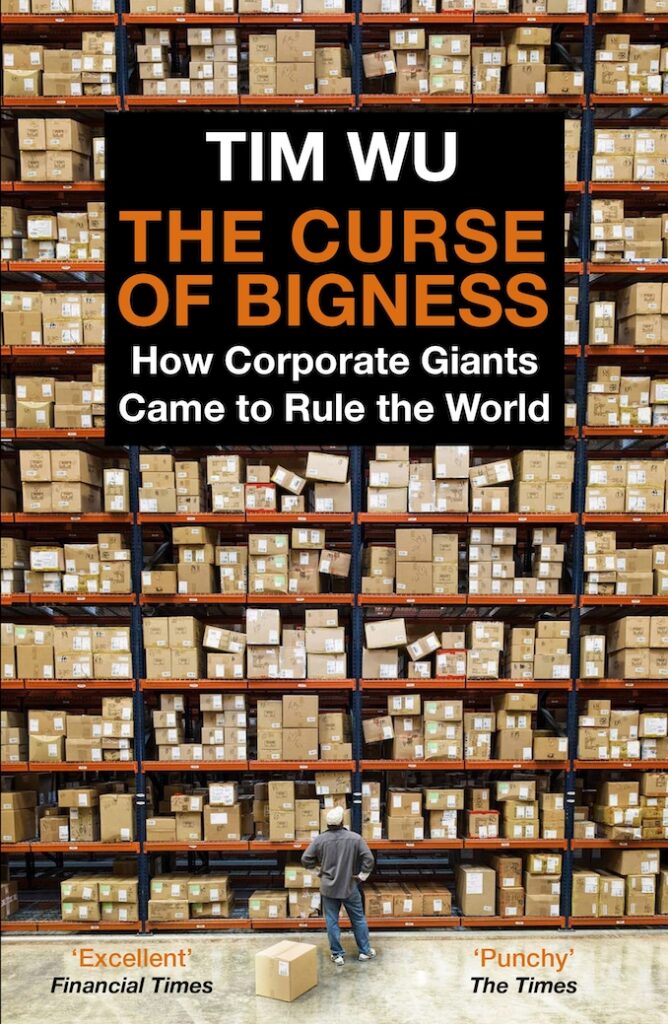



















Thank you for the review. Just ordered the paperback instead of a Kindle copy. Small change to help deliver bigger change.